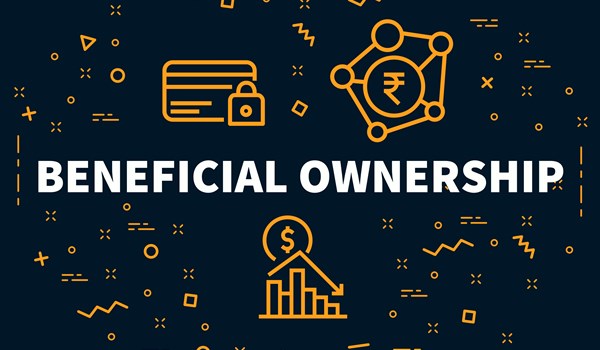Jurisdictions
Regions
Industry Sectors
21/04/21
CANADA: Ottawa targets tax evaders with public registry of corporate owners.

As published on thepeterboroughexaminer.com, Wednesday 21 April, 2021.
Corporations in Canada will soon lose the ability to mask their owners’ identities in a federal government bid to crack down on money laundering and tax evasion.
After years of foot-dragging, the Liberal government is signalling it intends to create a public registry of corporate ownership. The move, included in Monday’s federal budget, has long been called for by advocates who note Canada’s corporate secrecy makes the country a choice jurisdiction for illegal activity.
“This is a huge deal for Canada’s fight against money laundering,” said James Cohen, executive director of Transparency International Canada.
“This finally clamps down on the getaway car for a lot of crime.”
The budget legitimized those concerns, noting “law enforcement, tax and other authorities need access to up-to-date data” on corporate control to “catch those who attempt to launder money, evade taxes or commit other complex financial crimes.”
A senior government official told the Star on Wednesday that Finance Minister Chrystia Freeland was “very supportive” of the transparency initiative, and believes corporate secrecy is “key” to tax evasion the government is “seeking to crack down on.”
The source said the Canadian government is also seeing an “emerging consensus” in the international community around combating tax evasion, including in discussions among G7 nations.
The move — which surprised even those groups which have been most active in lobbying for corporate ownership transparency — comes after a series of Toronto Star stories beginning in 2017 that exposed the impacts of corporate secrecy in Canada.
Millions of documents obtained through corporate records leaks in the Panama Papers and Paradise Papers revealed the extent to which the international elite see Canada as an emerging tax haven where they can store money free from taxation, withhold their identities and, in some cases, finance illegal activities.
Shell companies can be easily set up in Canada with less scrutiny than is required for getting a library card. For a few hundred dollars, an individual can register a company without ever providing the name of the real owner or any supporting details.
Using Canada’s strong international reputation and solid economy to make suspect transactions seem legitimate has even earned the practice its own moniker: “snow washing.”
“Canada is a good place to create tax planning structures to minimize taxes like interest, dividends, capital gains, retirement income and rental income,” reads a 2010 internal memo from Mossack Fonseca, the law firm behind the Panama Papers leak of 11.5 million documents detailing global tax avoidance and evasion.
An industry of tax avoidance facilitators has identified Canada as a prime destination for clients looking to hide their wealth.
“Canada is a new player in the world of offshore companies,” reads one offshore corporate registration website. “Canada is the most preferable destination for compliant tax planning since it has no negative offshore reputation and no association with tax avoidance or evasion. It is by far one of the best neutral jurisdictions, providing offshore benefits without any of the traditional offshore drawbacks.”
Sasha Caldera, manager of the End Snow-Washing Coalition, a group of civil society organizations advocating for a publicly accessible national registry of beneficial owners since 2017, calls the new move a game changer.
“Canada is a serious G7 country and when a country like this decides to shut the door on dirty money, it has real impact” he said. “We know dirty money needs a robust economy like Canada, and a back door that is widely available, like Canada has now. The fact that Canada is going to shut this down is a big win.”
Canadian investigators, journalists and the public will have to wait up to four years before the government sheds light on the secretive world of corporate beneficial ownership.
Monday’s budget set aside $2.5 million over two years for the federal government to “support the implementation” of a publicly accessible corporate beneficial ownership registry by 2025.
The budget also sets out an additional $304.1 million over five years to beef up the Canada Revenue Agency’s ability to sniff out tax evasion. That includes “enhancing capacity” to identify tax evasion involving trusts.
The government expects that the extra resources will recover $810 million in lost tax revenue over the five-year period.



